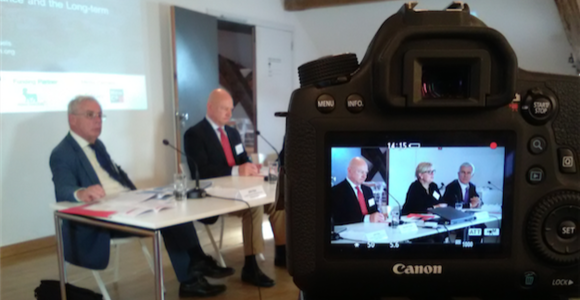See below to read the whole letter and visit The Economist to see the published paragraph, also highlighted in this post.
Dear Sir/Madam,
The Schumpeter column “Businesses can and will adapt to the age of populism” presents a false dilemma between profit and social pursuit.
Businesses play a crucial role in the state of today’s economy, society and planet. Executives can choose how to balance the needs of their shareholders while protecting a longer-term vision of the company and caring for their social and environmental impact. These are complementary purposes that ground the business strategies of leading companies.
Prioritising the interests of shareholders is not a legal obligation; it is an ideology that has gradually become an accepted belief. The article mentions a 1919 court ruling in support of shareholder primacy. But the US Supreme Court in its 2015 Hobby Lobby decision expressly rejected the pursuit of profit above all else, stating that “Modern corporate law does not require for-profit corporations to pursue profit at the expense of everything else, and many do not”.
Yet the belief that shareholders must come first continues to be deeply rooted in business management and executive pay packages that are largely based on share bonuses. This means that the higher share price and dividends distributed to shareholders, the higher the reward for directors, irrespective of long-term consequences. Twisted incentives, combined with pressure from capital markets to deliver quick financial results, have pushed listed companies to focus primarily on short-term earnings. Consequences of this behaviour include a drastic reduction of investment in innovation, employee welfare and environmental care.
Lastly, not all investors demand high and fast returns. Pension funds, who manage our retirement money and our children’s futures, benefit from longer-term strategy and investment in R&D, which will pay out in the decades to come. There is widespread evidence that a balance between profit, people and planet is the ‘pragmatic’ way for leading companies who wish to be successful now, and in 30 years.
Cover image (cc) Flickr Anders Sandberg







